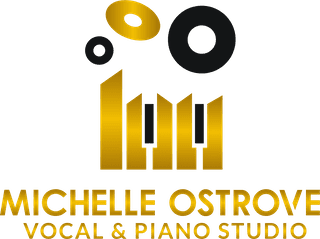
RESONANCE DISORDER CAUSES & TREATMENT
Resonance disorders are a fascinating yet complex subset of singing that can significantly impact a performance. These conditions arise from abnormalities in the way sound resonates in the oral and nasal cavities while singing. This affects voice quality and intelligibility. This blog will look at the causes and treatments.
Common Causes of Resonance Disorders in Singers
- Physical Conditions: A cleft palate, enlarged tonsils or adenoids, deviated septum or nasal obstruction can all cause resonance disorders.
- Functional Issues: Poor breath support or lack of technique, tension in the jaw, tongue, or throat muscles will cause a resonance disorder.
- Neurological Factors: Conditions like dysarthria or apraxia that affect coordination in the vocal tract.
- Vocal Fatigue or Strain: Overuse or improper technique can exacerbate resonance issues.
Diagnosing Resonance Issus in Singers
Singers who suspect a resonance disorder should seek a multidisciplinary evaluation:
- Speech-Language Pathologist (SLP)
- Voice Teacher or Vocal Coach
- ENT Specialist or Laryngologist
Overcoming Resonance Challenges
- Voice Therapy: Resonance exercises that focus on balancing oral and nasal airflow. Biofeedback technique is another way to help singers visualize airflow and sound placement.
- Surgical or Medical Interventions: Address physical obstructions, such as removing nasal polyps or repairing a cleft palate.
- Vocal Technique Adjustments: Working with a vocal coach to optimize breath support, tongue & jaw relaxation and vocal placement for consistent resonance.
- Lifestyle Modifications: Stay hydrated to keep vocal cords lubricated. Also, avoid allergens and irritants that cause nasal congestions.
- Rest and Recovery: To incorporate vocal rest to prevent fatigue and strain.
Conclusion
Resonance disorders can be daunting for singers, but they don’t have to be career-ending. With the right diagnosis, therapy, and vocal training, singers can overcome these challenges and regain control over their voice. Resonance isn’t just about sound, it’s about connection, artistry and the joy of singing.
#michelleostrovevocalandpianostudio #voicelessons #singinglessons #pianolessons #vocalcoach #voicecoach #michelleostrove #trending #voiceteacher #singingteacher #pianoteacher #michelleostroveblog #losangeles #newyork #atlanta #Nashville #boston #gainesvillega #sugarhill #buford #lula #LA #ATL #NYC #singer #singing #supportthearts #thearts #dreams #chasingdream #chasingdreams #celebrityvocalcoach #careergoals #piano #sing #gainesville #flowerybranch #lakelanier #lanierislands #lawrenceville #oakwood #cumming #braselton #momusic #Dahlonega #Suwanee #Dawsonville #Chicago